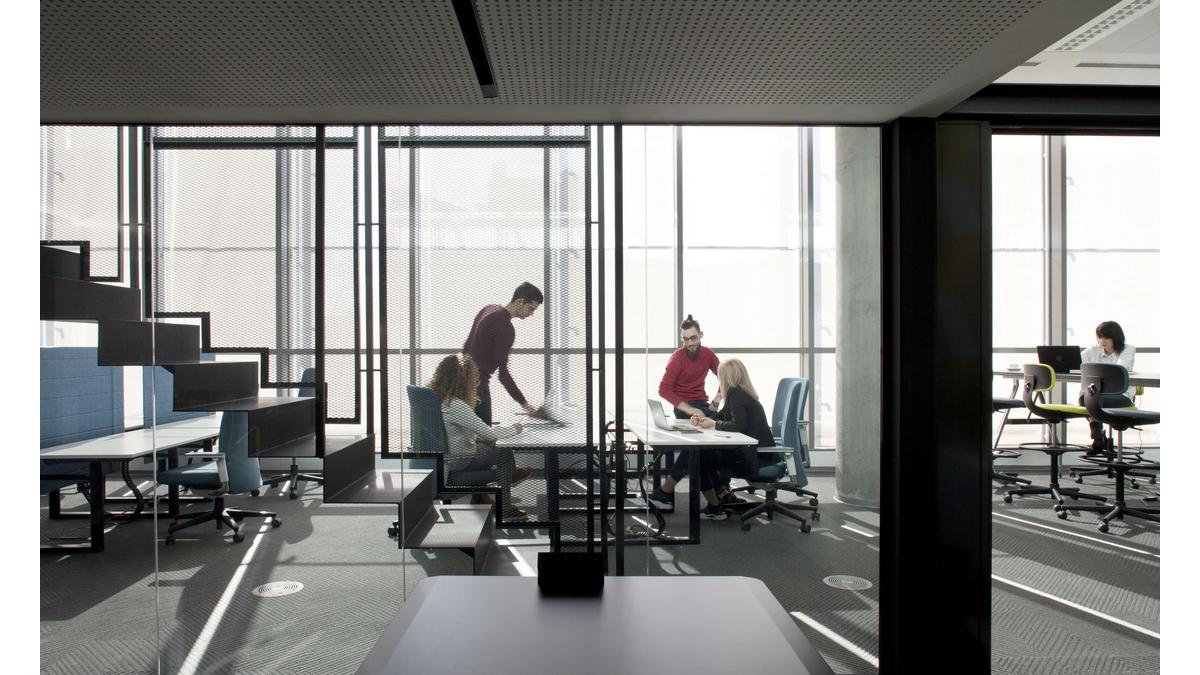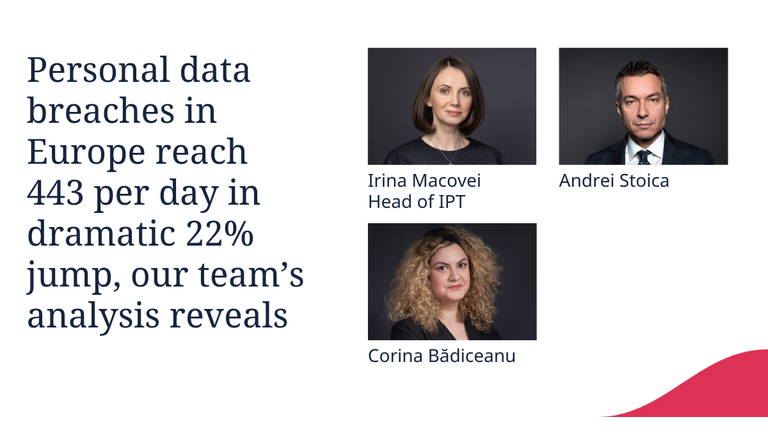Membres
The Office is dead! Long live the Office!

Most major changes in society have been induced over time by painful events. Among the beneficial results of the preoccupation to prevent plagues, we can find the invention of waste management, the introduction of broad boulevards and wide public spaces, the birth of urban planning, the inclusion of public parks, together with the radical upgrades in the cities' sewage system. In like manner, we expect the current COVID-19 crisis to influence our cities in terms of further rethinking the public spaces and transportation, focusing on making buildings healthier and significantly redesigning the hospitality services.
In parallel, work-from-home is the new trend and some companies have even “zero office” strategies. Real estate cost savings and flexibility are here the most important drivers. There has been a notable explosion in all the online collaboration technology, which not only supports remote working, but in certain situations, actually enhances productivity. However, employees suffer from isolation and miss social contact, corporate cultures and identities are in decline, training of employees is difficult and creativity and teamwork very limited.
We predict thatthe long term impact of COVID-19 on the real estate market will be similar to a major earthquake. Some buildings will completely lose their occupants and, consequently, will need to be retrofitted so they may accommodate the new requirements. Furthermore, entire business districts will need to change and adapt their function and configuration for mixed uses.
The future is hybrid
With all these changes happening the purpose of the office will evolve even faster from mainly “a place of production” to more complex objectives like Client Interaction and Representation, Innovation and Creativity, Culture & Branding, Socializing, Satisfaction and Retention of Personnel.
The consequent new requirements for the office must be linked to flexibility, time efficiency, safety&hygiene and constant adaptability. The majority of real estate players expect a space reduction as a result of changing working patterns. However, these changes are also supported by the significant changes in technology and companies anticipate a substantial increase in IT costs in parallel with the reduction of real estate costs.
In other words, the future is hybrid. Overall, we expect that up to 40% of employees will utilize a remote working model. People will work remotely, especially in the realm of execution tasks. Other tasks like strategic and talent management, business development, and creativity, require much more on-site presence. The more collaborative and creative jobs are the less suitable they are for remote working. However, hybrid work models will have to be incorporated within each company culture.
We predict that the spread of the emerging concept of "hub & spokes" will be strongly accelerated in the next period. The Hub will be represented by the headquarter and it will serve as the "hive" of the business, while the spokes will be a geographically distributed network of offices, usually based on talent distribution and client needs. The headquarter will consequently be placed in a core location, accessible to public transportation and will act as the cultural center of the business. The Spokes - aka the satellite offices - will be spread around the city, close to residential districts.
Major or minor ROCHADE?
COVID-19 will not kill the office, but will transform it to become more dynamic than ever, while causing its fair share of disruption. Some workspaces in central business districts may become housing, and some housing in residential areas will become workspaces. The magnitude of this shift is still to be determined. The ability to work remotely will not drive most people away from cities and offices, but it will allow many to live and work in new places.
Traditional office leases have a significant negative impact on the agility, flexibility and crisis fitness of companies. Therefore new office concepts with flexible spaces, private or shared offices, shorter-term leases and complex hospitality services will spread even faster. On the long term, traditional office leases for 5-7-10 years might become the exception.
Consequently, the whole real estate „food chain“ will have to adapt, with banks and investors searching for the (currently non existing) flexibility to finance these new business models and to stay relevant and up-to-date.
Tudor Popp
REC Partners and founder Hotspot Workhub
About REC Partners
REC Partners is an international team of engineers, architects and economists. Founded 2004 in Germany and 2006 in Bucharest, REC has been supporting clients all over Europe to develop, operate or improve real estate properties of over 10 million sqm over the last 16 years. Clients include investmentd funds, banks, real estate developers and corporations searching to improve the efficiency of their real estate assets.
About Hotspot Workhub
Opened in 2020 in Bucharest, Hotspot is the first of a series of high-standard coworking spaces based on the innovative and open-minded business concept developed by REC Partners. The space incorporates the company’s vision of flexible working and office hospitality, creating a unique mixture designed for productivity, community and lifestyle.


